"At the moment, I am against Ukraine's entry into the European Union," Polish President-elect Karol Nawrocki told Hungarian outlet Mandiner in an interview released on June 7.
"On the one hand, we must support Ukraine in its conflict with the Russian Federation, but Ukraine must understand that other countries, including Poland, Hungary, and other European countries, also have their own interests," he said.
Nawrocki won the second round of the Polish presidential election on June 1 with 50.89% of the vote. He has previously voiced opposition to Ukraine's membership in the EU and NATO, despite supporting Ukraine's sovereignty.
"Poland has such an interest, for example, in the exhumation of the Volyn (massacre) victims," Nawrocki said.
Polish and Ukrainian researchers began exhuming victims of the World War II era massacres on April 24 in Western Ukraine.
It was the first such exhumation since 2017, when Ukraine imposed a moratorium in response to the destruction of Ukrainian Insurgent Army (UPA) memorials in Poland.
"During the campaign, I did not agree, and as president, I will not agree, to unfair competition with Ukraine for Polish agriculture or the logistics sector," Nawrocki said.
EU tariffs on Ukrainian agricultural exports resumed on June 6, amid opposition to Ukrainian exports and its EU accession from eastern European members, including Hungary and Poland.
"I see Ukraine as a country that, although it is very bravely defending itself against the Russian Federation, must also respect the interests of other countries that otherwise support Ukraine," he said.
In contrast to other Eurosceptic leaders in Europe, including Slovak Prime Minister Robert Fico and Hungarian Prime Minister Viktor Orban, Nawrocki does not express pro-Russian views, but has repeatedly accused President Volodymyr Zelensky of taking advantage of allies.
Wondering where to start with Dostoevsky? Try his Ukrainian contemporaries instead
Since the start of Russia’s full-scale invasion of Ukraine in 2022, a growing debate has emerged over the cultural and political legacy of Russian literature — particularly the global reverence for classic Russian authors, which critics argue has long served to promote the imperial narratives embedded in their work. As

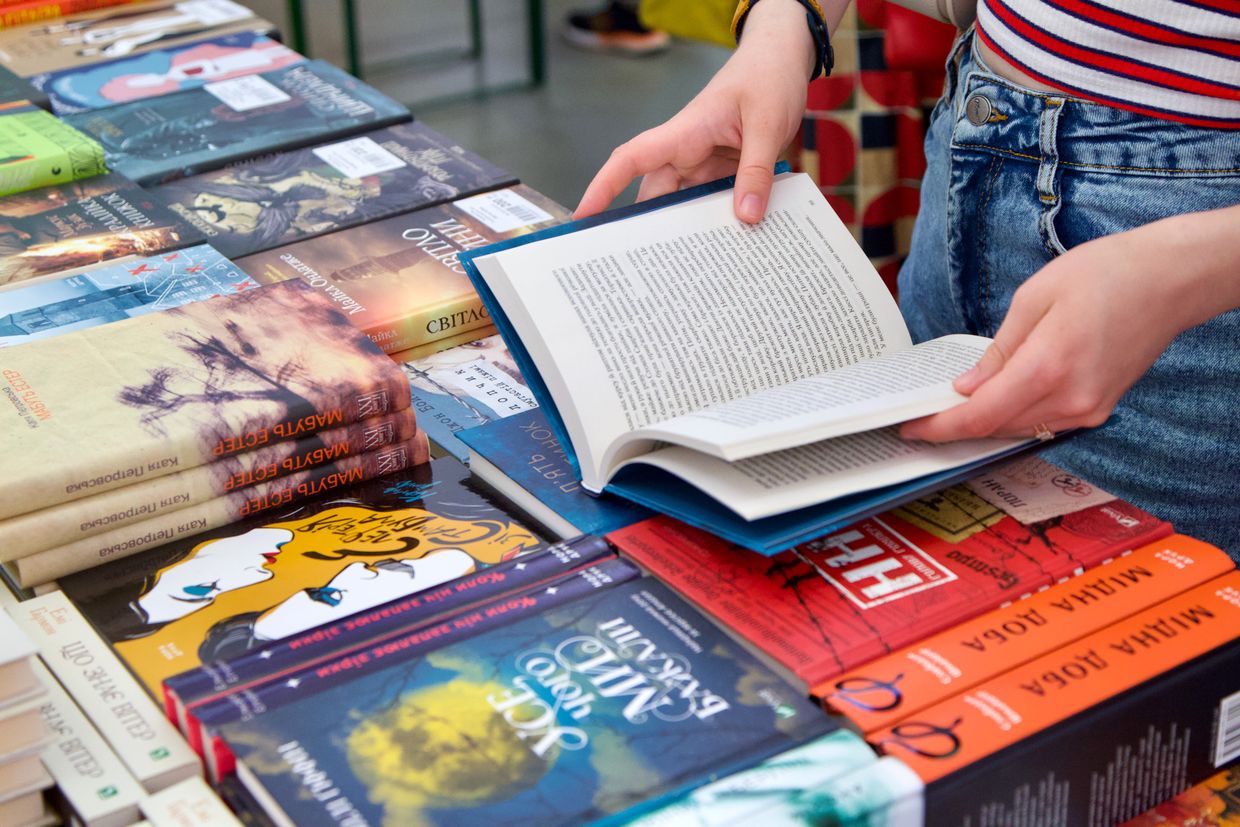
.png)
 German (DE)
German (DE)  English (US)
English (US)  Spanish (ES)
Spanish (ES)  French (FR)
French (FR)  Hindi (IN)
Hindi (IN)  Italian (IT)
Italian (IT)  Russian (RU)
Russian (RU)  5 hours ago
2
5 hours ago
2
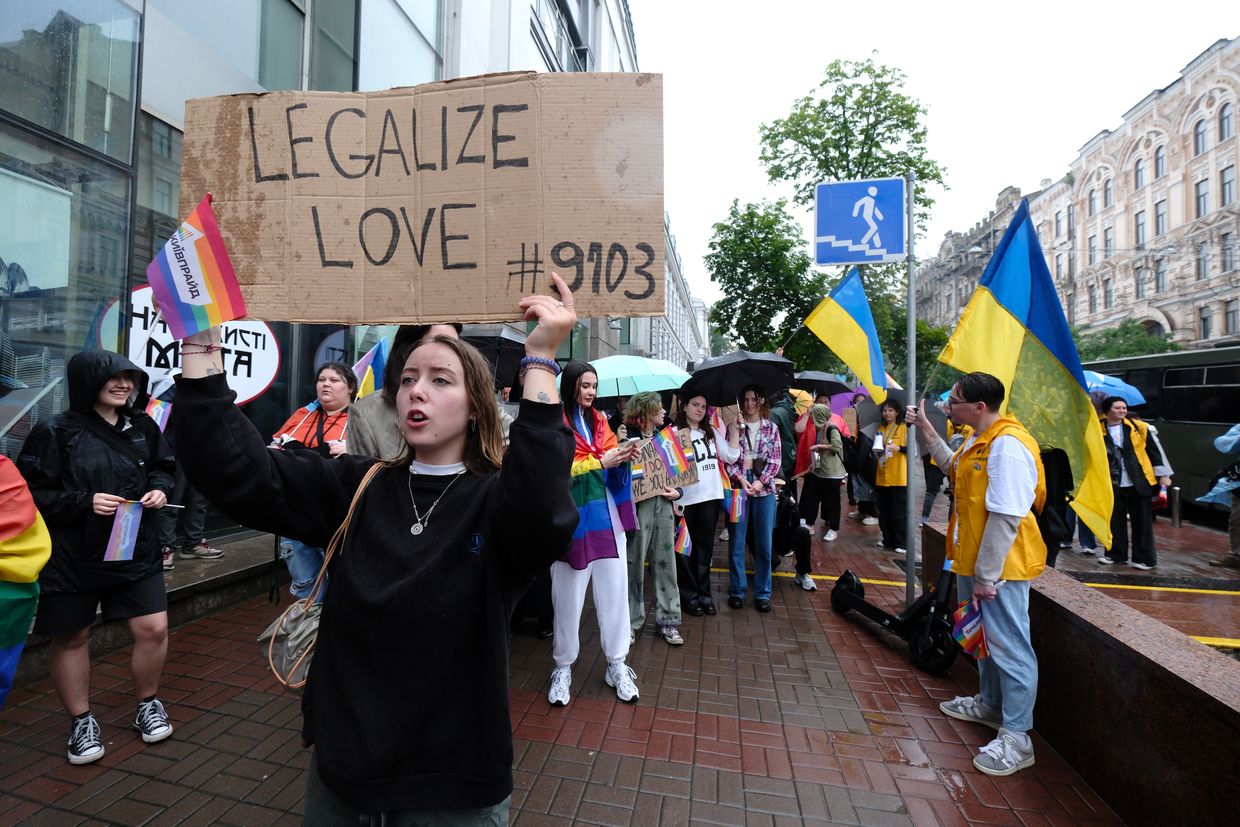
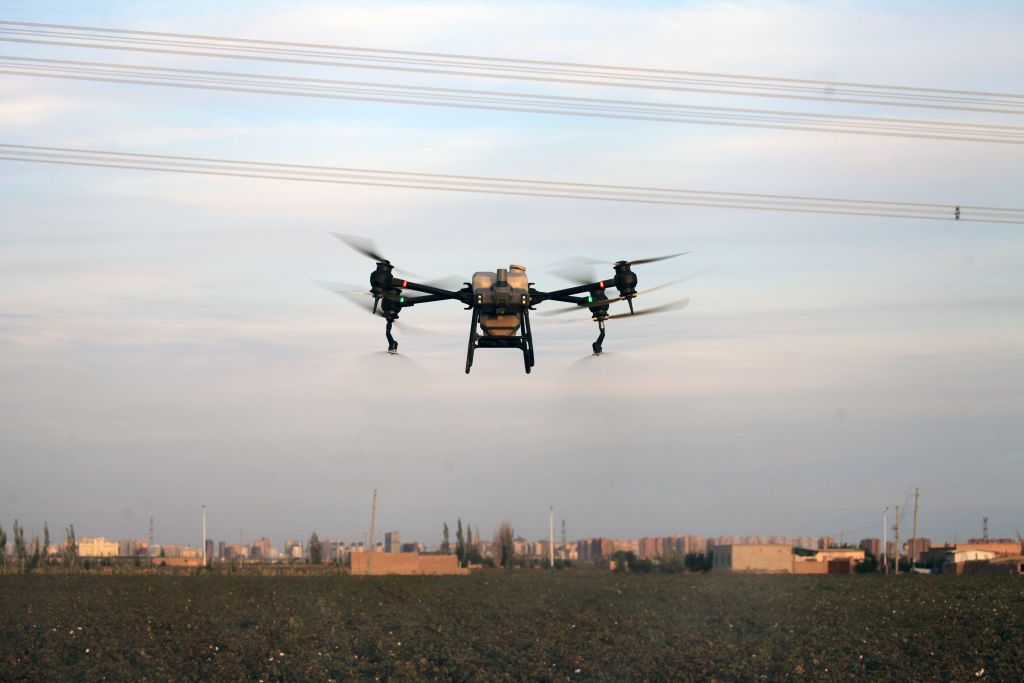
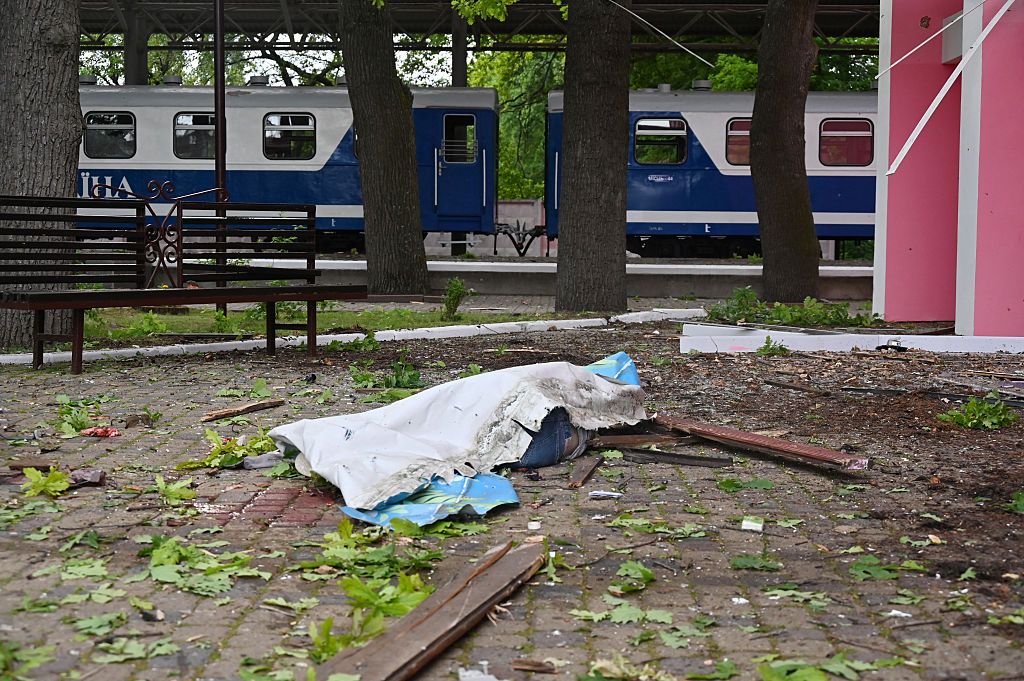
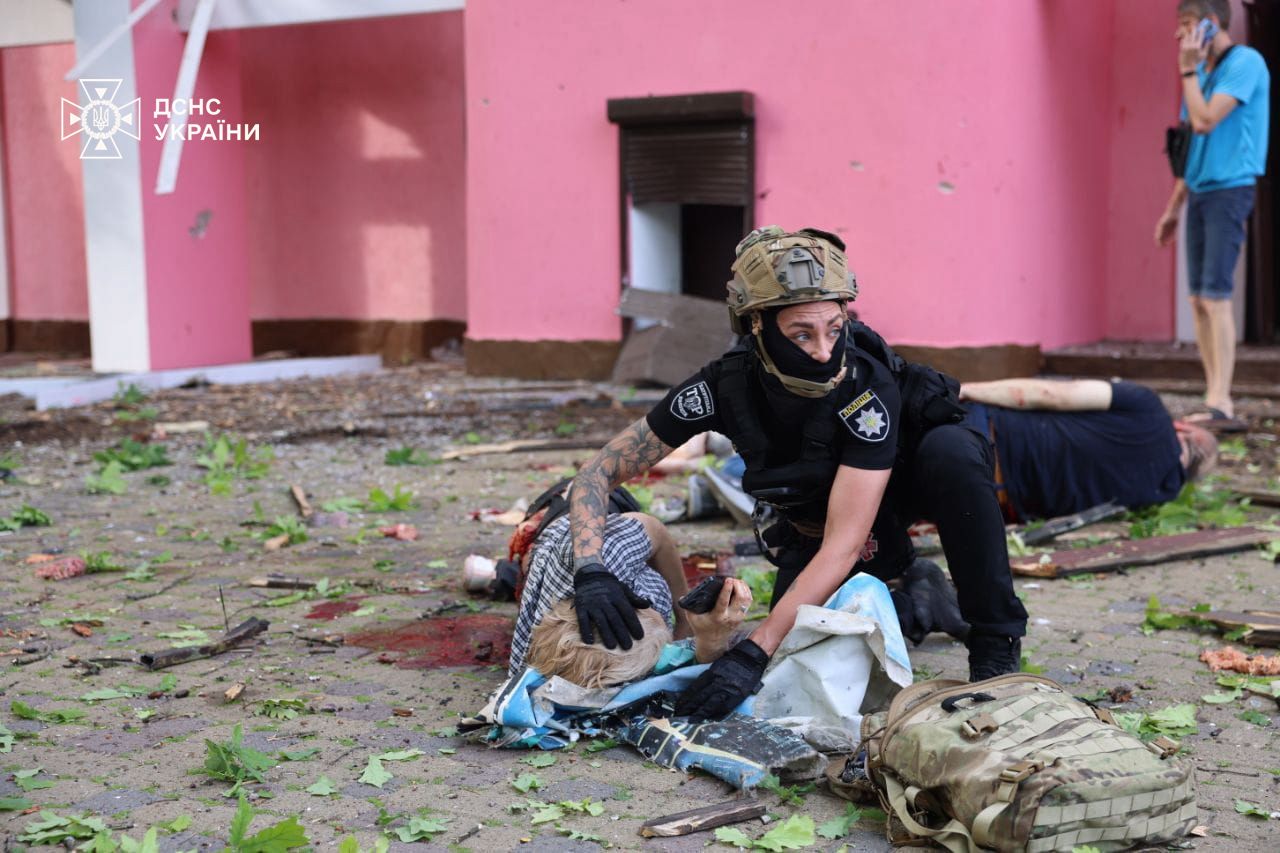


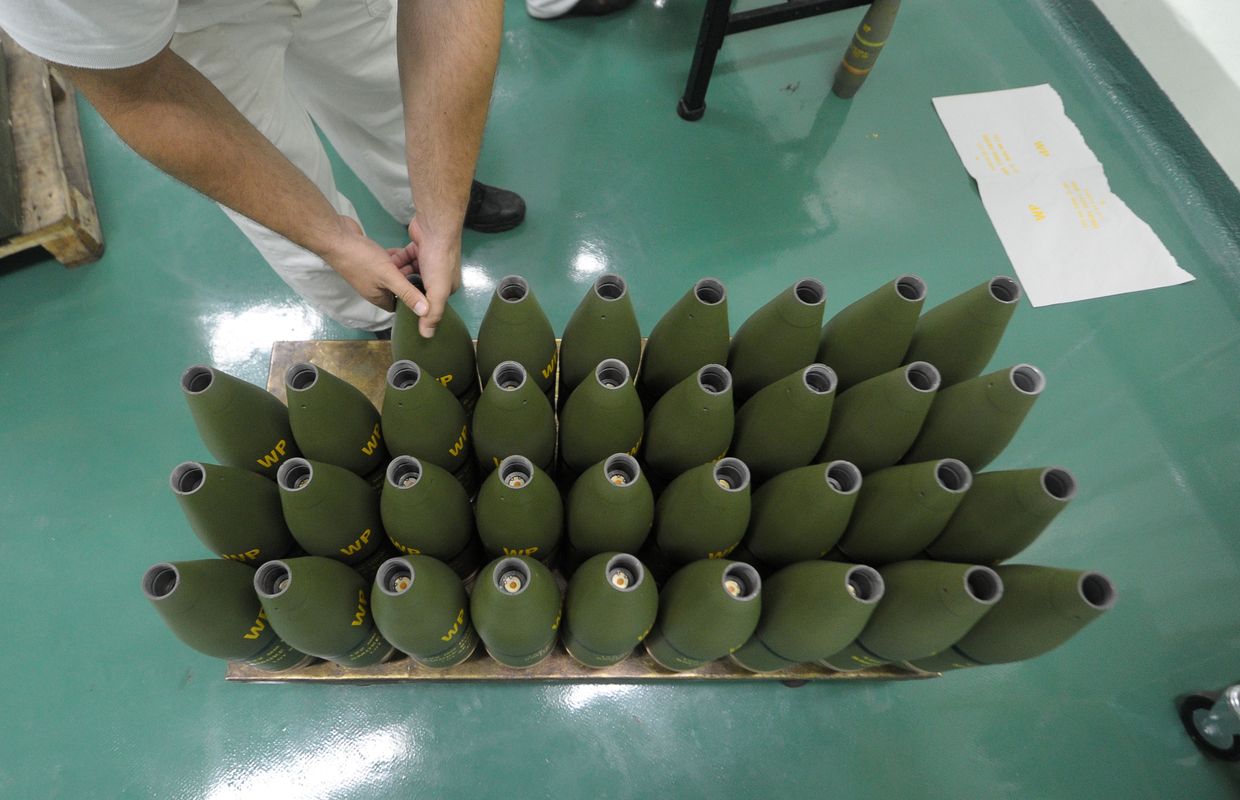
Comments